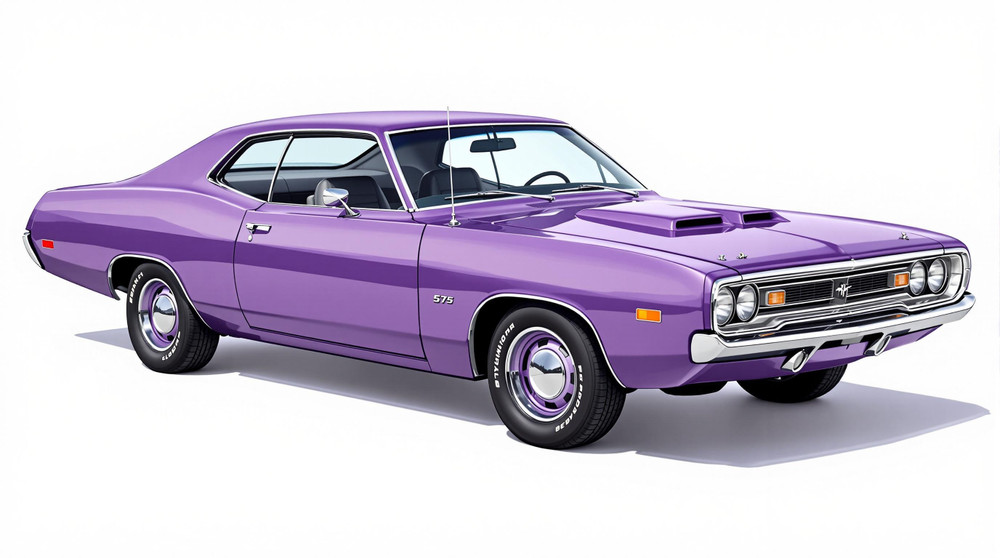Image of 1973 Plymouth Satellite, Note: These illustrations use artistic license and may differ from actual historical models.
Performance Metrics
Fundamental Metrics
Emotional Appeal
MMP Rating
| Engine Specifications | |
|---|---|
| Engine: | 318 CID V8, 340 CID V8, 400 CID V8, 440 CID V8 |
| Displacement: | 318-440 cu in |
| Horsepower: | 150-280 hp (approximate) |
| Torque: | 230-480 lb-ft (approximate) |
| Compression Ratio: | 8.5:1 - 10.3:1 (approximate) |
| Ignition System: | Electronic Ignition |
| Cooling System: | Liquid-cooled |
| Performance Specifications | |
| 0-60 Time: | 8-10 seconds (approximate) |
| 1/4 Mile Time: | 16-18 seconds (approximate) |
| Top Speed: | 115-130 mph (approximate) |
| Transmission and Drive | |
| Drive Type: | Rear-wheel drive |
| Transmission Type: | 3-speed automatic, 4-speed manual |
| Fuel and Efficiency | |
| Fuel System Type: | Carburetor |
| MPG: | 10-15 mpg (approximate) |
| Dimensions and Brakes | |
| Brakes: | Front disc, rear drum |
| Wheelbase: | 115 inches |
| Weight: | 3,500-3,900 lbs (approximate) |
Note: Specifications for classic cars are given to the best of our ability, considering the limited and variant data available.
1973 Plymouth Satellite: A Blend of Muscle and Family Car Heritage
The 1973 Plymouth Satellite stands as a testament to the era of muscle cars that could double as family sedans. Born from the ingenuity of Plymouth, a division of the Chrysler Corporation, this vehicle was a middle-of-the-road option that offered both style and practicality. At a time when automotive design was as much about performance as it was about aesthetics, the Satellite held its own with a unique blend of both. One intriguing fact about this model is that it served as the foundation for the more famous Road Runner and GTX models, making it an unsung hero in Plymouth's lineup.
Design and Innovation
With its long hood, pronounced body lines, and muscular stance, the 1973 Plymouth Satellite was a sight to behold. The exterior styling exuded a sense of power that was characteristic of the era's muscle cars. Inside, passengers were greeted with a functional and straightforward interior. Materials ranged from basic vinyl to plushier options in higher trims. Technologically, the Satellite featured some of Chrysler's latest advancements for comfort and convenience, though it remained relatively simple by today's standards.
Color options for the Satellite varied widely, with hues like "Basin Street Blue" and "Spinnaker White" catching buyers' eyes. The most popular body style was arguably the two-door coupe, which offered both the sleek lines desired by enthusiasts and enough practicality for everyday use.
Historical Significance
The 1973 Plymouth Satellite played a crucial role in bridging the gap between raw muscle cars and more sensible family sedans. It stood out with its ability to offer performance features in a package that didn't shy away from daily driving duties. This duality helped pave the way for future vehicles that no longer had to choose between being practical or sporty—they could be both.
Performance and Handling
The 1973 Satellite's performance varied depending on engine choice, ranging from modest inline-sixes to powerful V8s. With the right powertrain, such as the 400 cubic-inch V8, it could achieve 0-60 mph in under 7 seconds—a respectable figure for its time. Handling was typical for a car of its size and era; while not nimble by modern standards, it provided a comfortable ride with enough stability to inspire confidence on highways and winding roads alike. The driving experience was characterized by the throaty rumble of its V8 engines and a sense of robust American engineering.
Ownership Experience
The Satellite found its place in various roles from being a dependable daily driver to gracing local car shows or even hitting the drag strip on weekends. Maintenance and reliability were on par with other American cars of the period, meaning that most repairs could be handled by an average DIY enthusiast with basic mechanical skills.
Fun Facts
A few rare editions like the "Sebring Plus" offered higher-end trim levels and are highly sought after today. While not known for breaking speed records, the Satellite did find its way into popular culture through television shows like "The Mod Squad." Criticisms often centered around fuel economy—a common issue among muscle cars of that time.
Collector's Information
In today's market, a well-maintained 1973 Plymouth Satellite can fetch anywhere from $15,000 to $35,000 depending on condition, originality, and specific model details. While production numbers were not low (it's estimated tens of thousands were produced), finding one in pristine condition can be challenging. Over time, values have generally appreciated as interest in classic muscle cars remains strong among collectors.
Conclusion
The 1973 Plymouth Satellite is more than just another classic car; it represents an era where performance met everyday practicality head-on. Its legacy is one of versatility and accessibility—qualities that continue to endear it to enthusiasts and collectors alike. Whether you're behind the wheel or admiring from afar, the Satellite is an enduring piece of automotive history worth celebrating.
1973 Plymouth Satellite Catalog of Parts
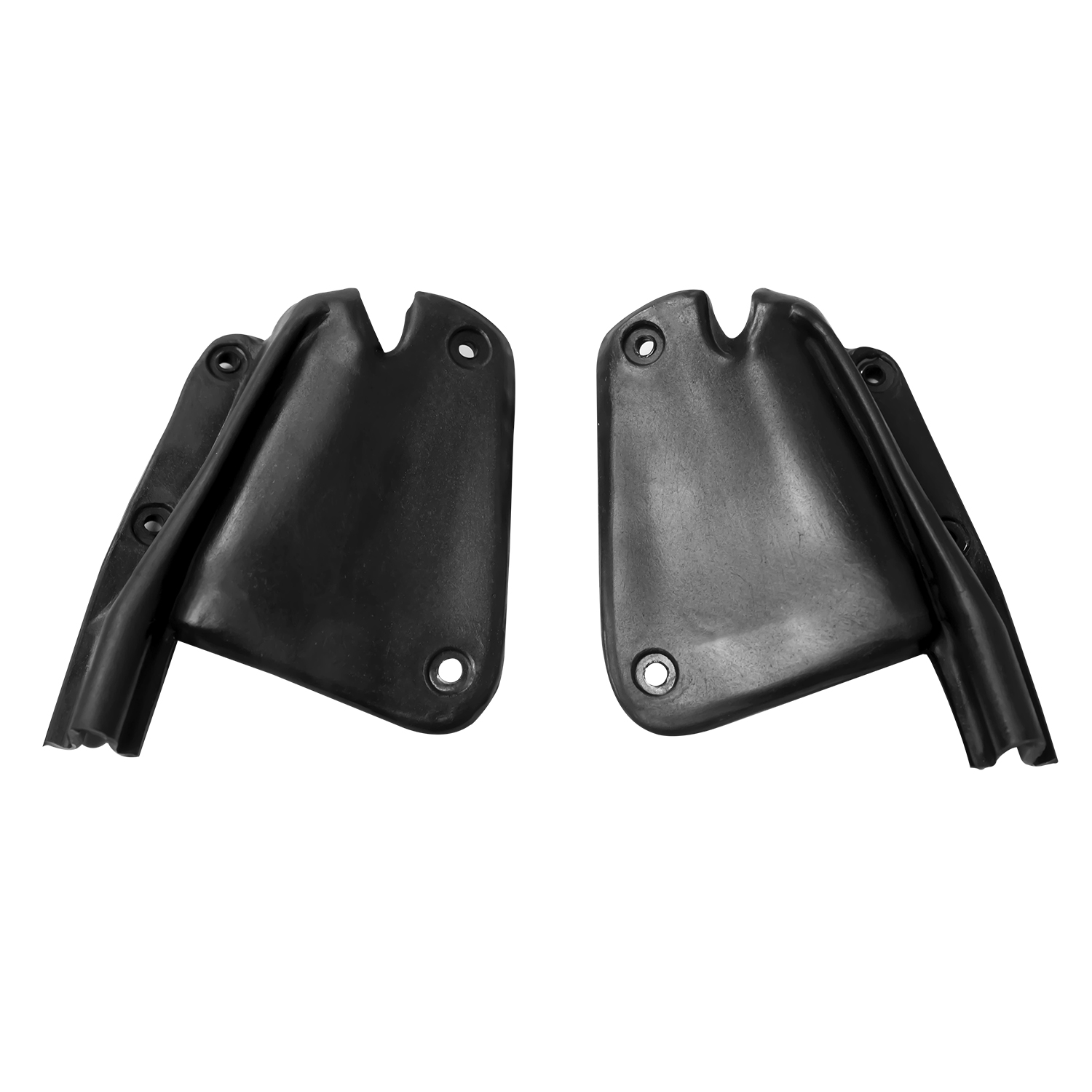 1973 Plymouth Satellite Door end-cap filler seals-ALP 7011Door end-cap filler seals. Fits '71-'74 Plymouth B-body and '73-'74 Dodge B-body 2-door hardtop and coupe models. Replaces OEM#'s 3581894/5. Pair. R&L.
1973 Plymouth Satellite Door end-cap filler seals-ALP 7011Door end-cap filler seals. Fits '71-'74 Plymouth B-body and '73-'74 Dodge B-body 2-door hardtop and coupe models. Replaces OEM#'s 3581894/5. Pair. R&L.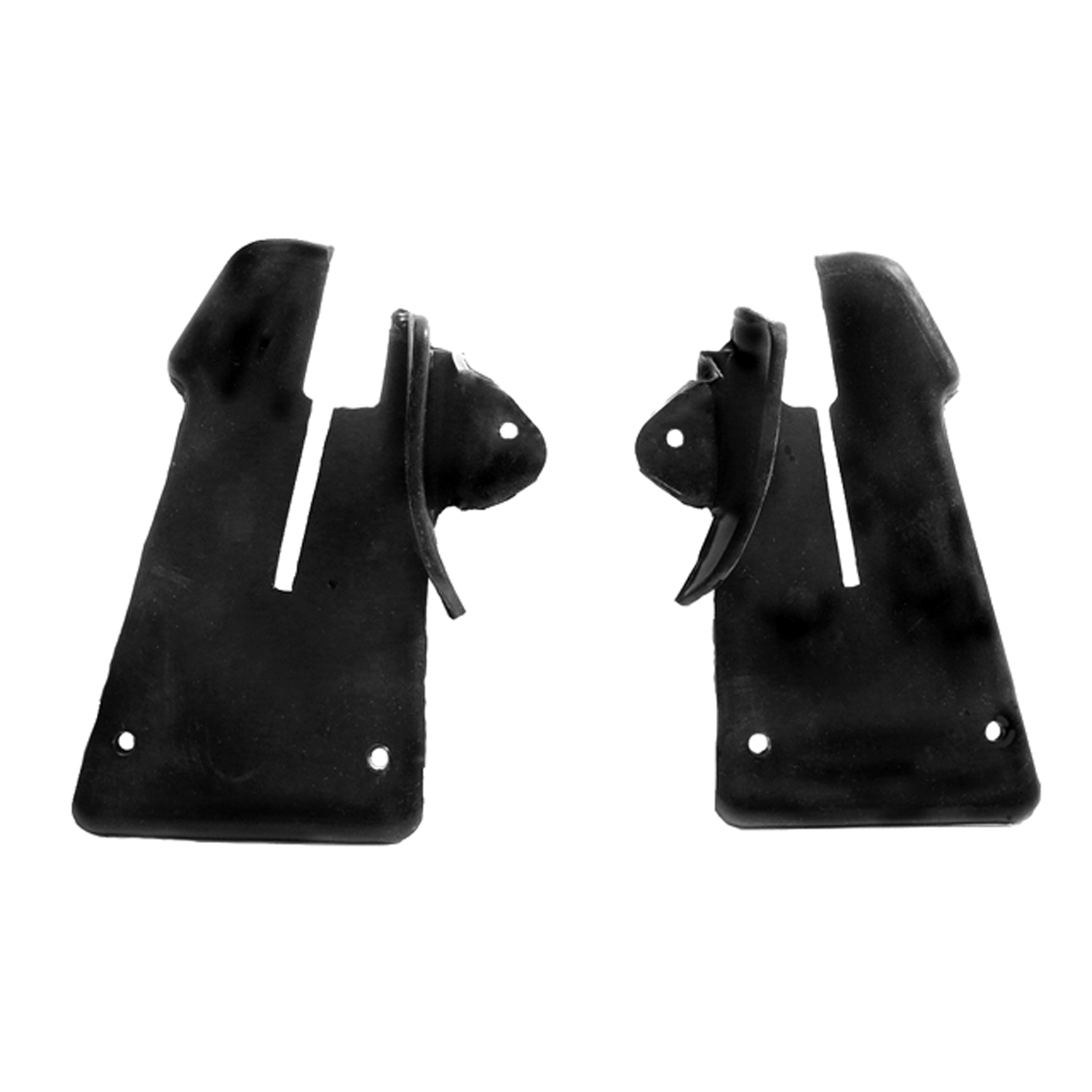 1973 Plymouth Satellite Quarter pillar-post end seals. (Also known as U-jamb seals)-ALP 7012Quarter pillar-post end seals. (Also known as U-jamb seals). Fits '71-'74 Plymouth B-body and '73-'74 Dodge B-body 2-door hardtop and coupe (except Charger SE).
1973 Plymouth Satellite Quarter pillar-post end seals. (Also known as U-jamb seals)-ALP 7012Quarter pillar-post end seals. (Also known as U-jamb seals). Fits '71-'74 Plymouth B-body and '73-'74 Dodge B-body 2-door hardtop and coupe (except Charger SE). 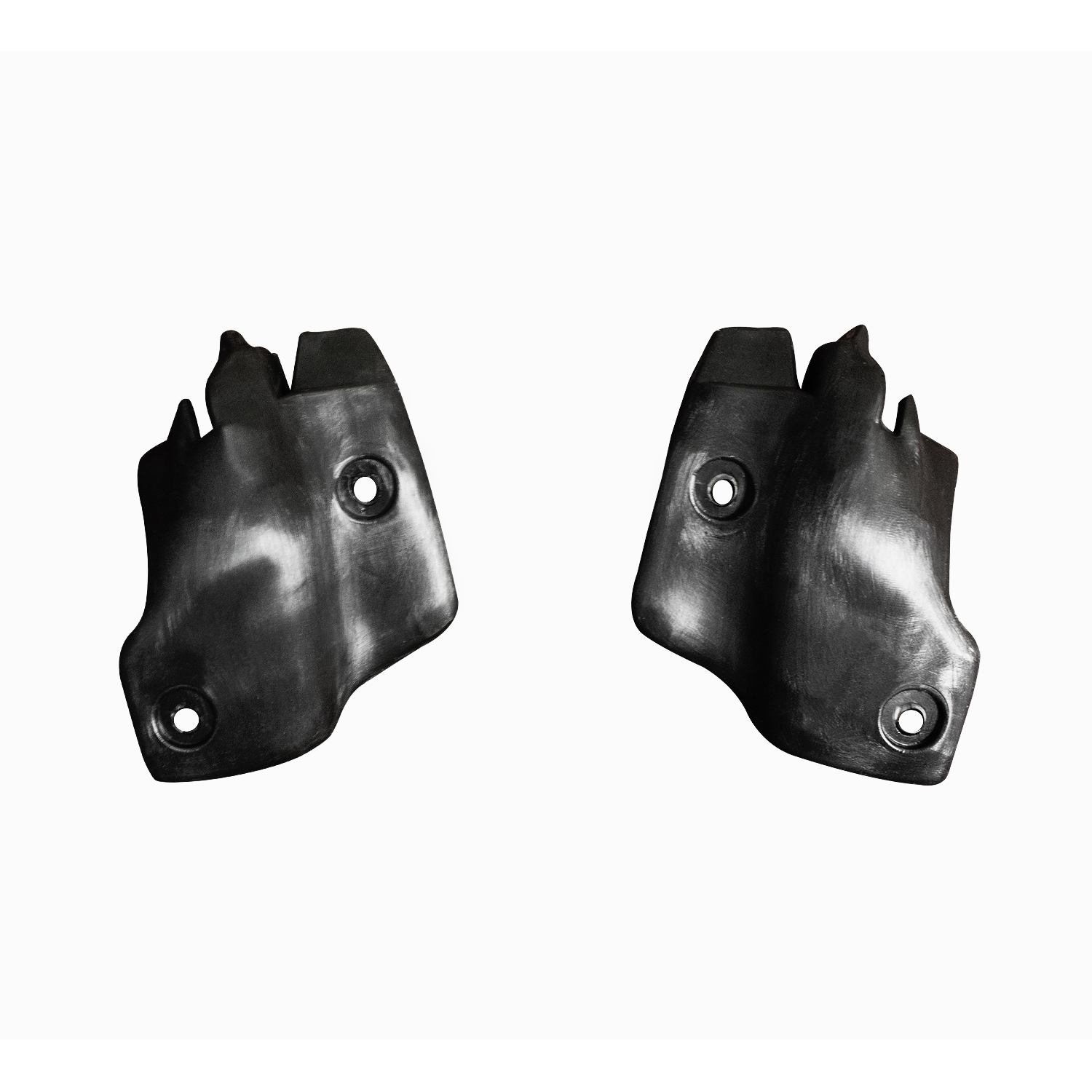 1973 Plymouth Satellite Upper Hinge Pillar Seals-ALP 7014Upper Hinge Pillar Seals. Fits '71-'74 Mopar B-body 2-door hardtop and coupe.
1973 Plymouth Satellite Upper Hinge Pillar Seals-ALP 7014Upper Hinge Pillar Seals. Fits '71-'74 Mopar B-body 2-door hardtop and coupe. 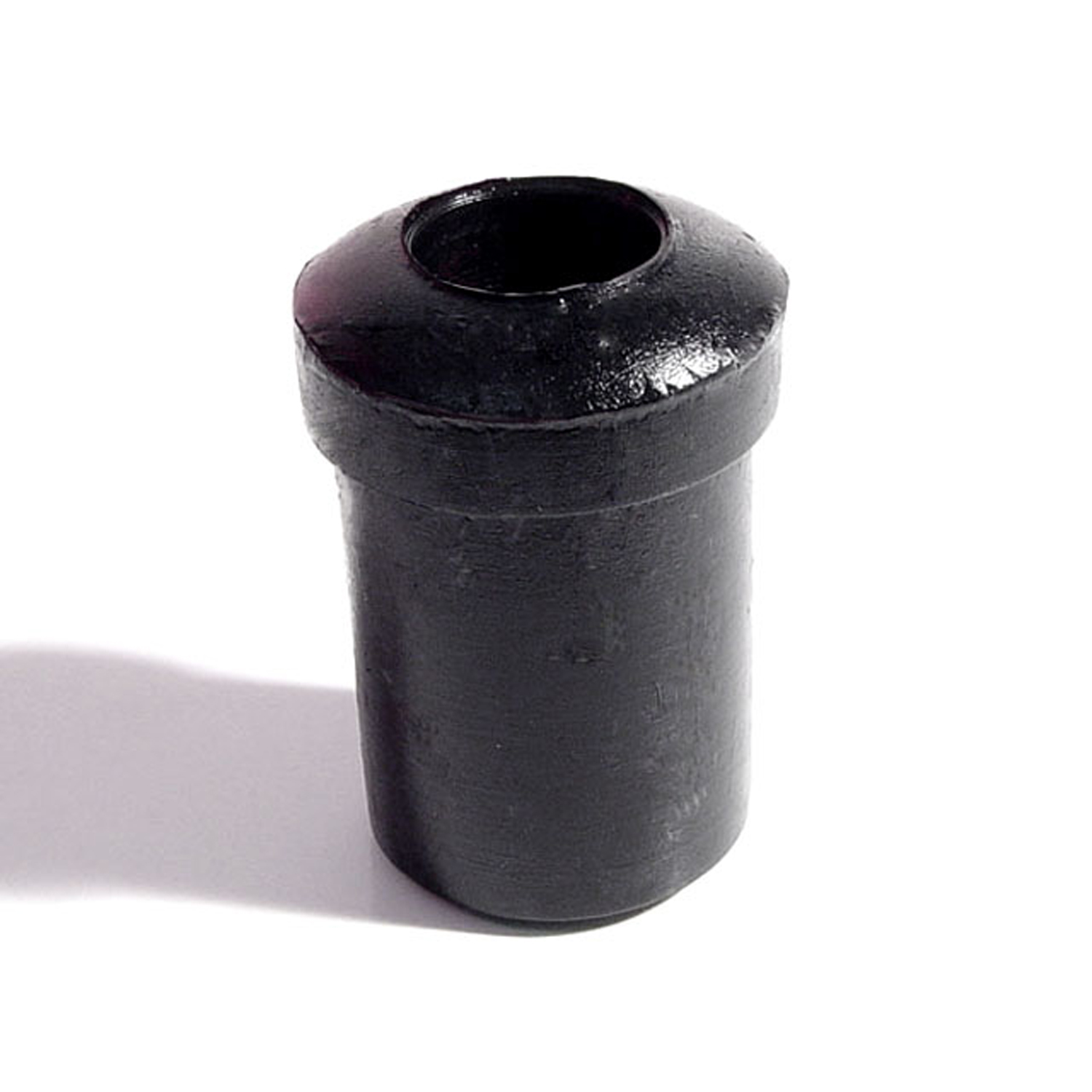 1973 Plymouth Satellite Spring and Shackle Bushing. 1" bottom O.D-BN 20Spring and Shackle Bushing. 1" bottom O.D. X 1-5/8" high, with 9/16" I.D. Each
1973 Plymouth Satellite Spring and Shackle Bushing. 1" bottom O.D-BN 20Spring and Shackle Bushing. 1" bottom O.D. X 1-5/8" high, with 9/16" I.D. Each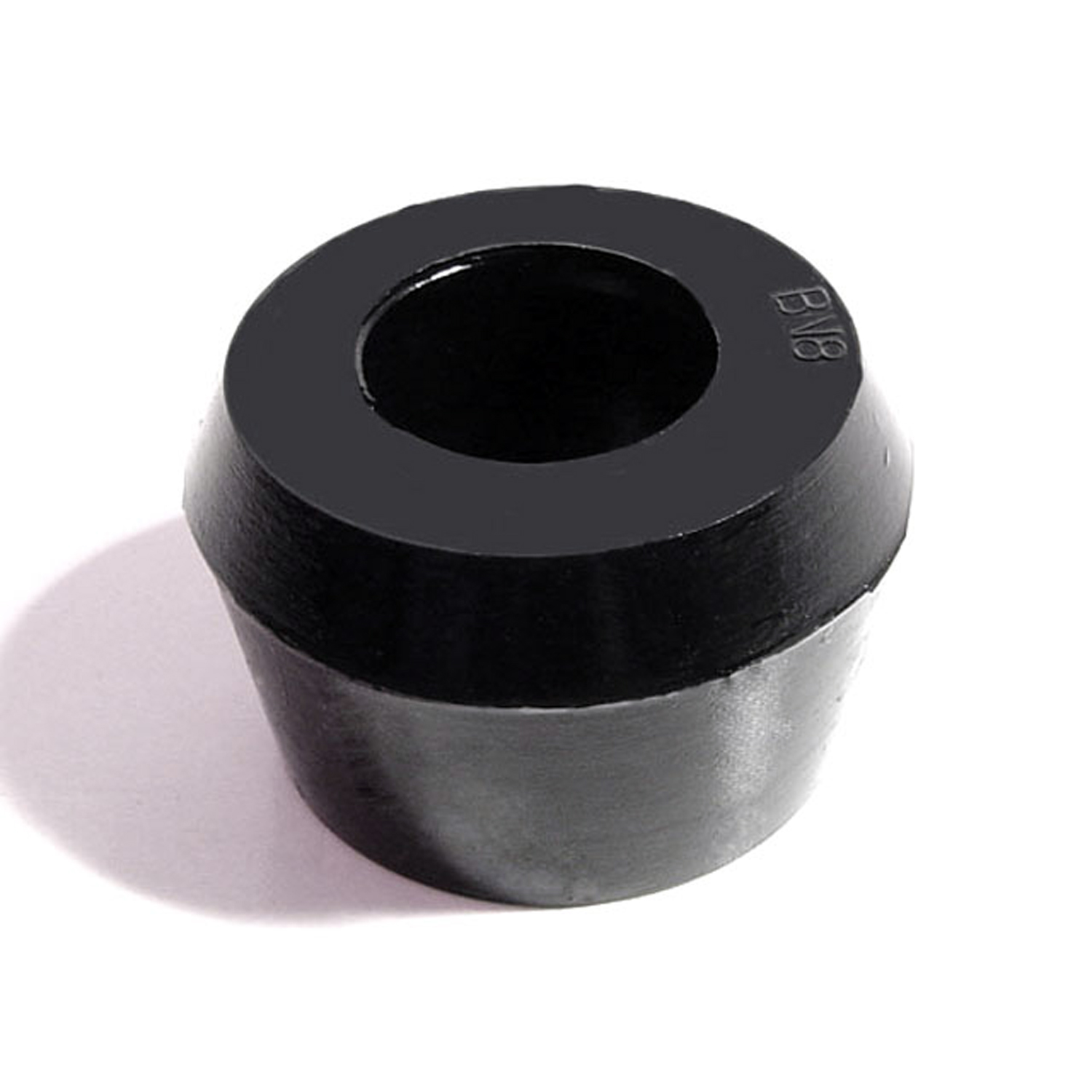 1973 Plymouth Satellite Shock Absorber Grommet. 1-1/4" bottom O.D-BN 8Shock Absorber Grommet. 1-1/4" bottom O.D., 1" high, with 3/4" I.D. Each
1973 Plymouth Satellite Shock Absorber Grommet. 1-1/4" bottom O.D-BN 8Shock Absorber Grommet. 1-1/4" bottom O.D., 1" high, with 3/4" I.D. Each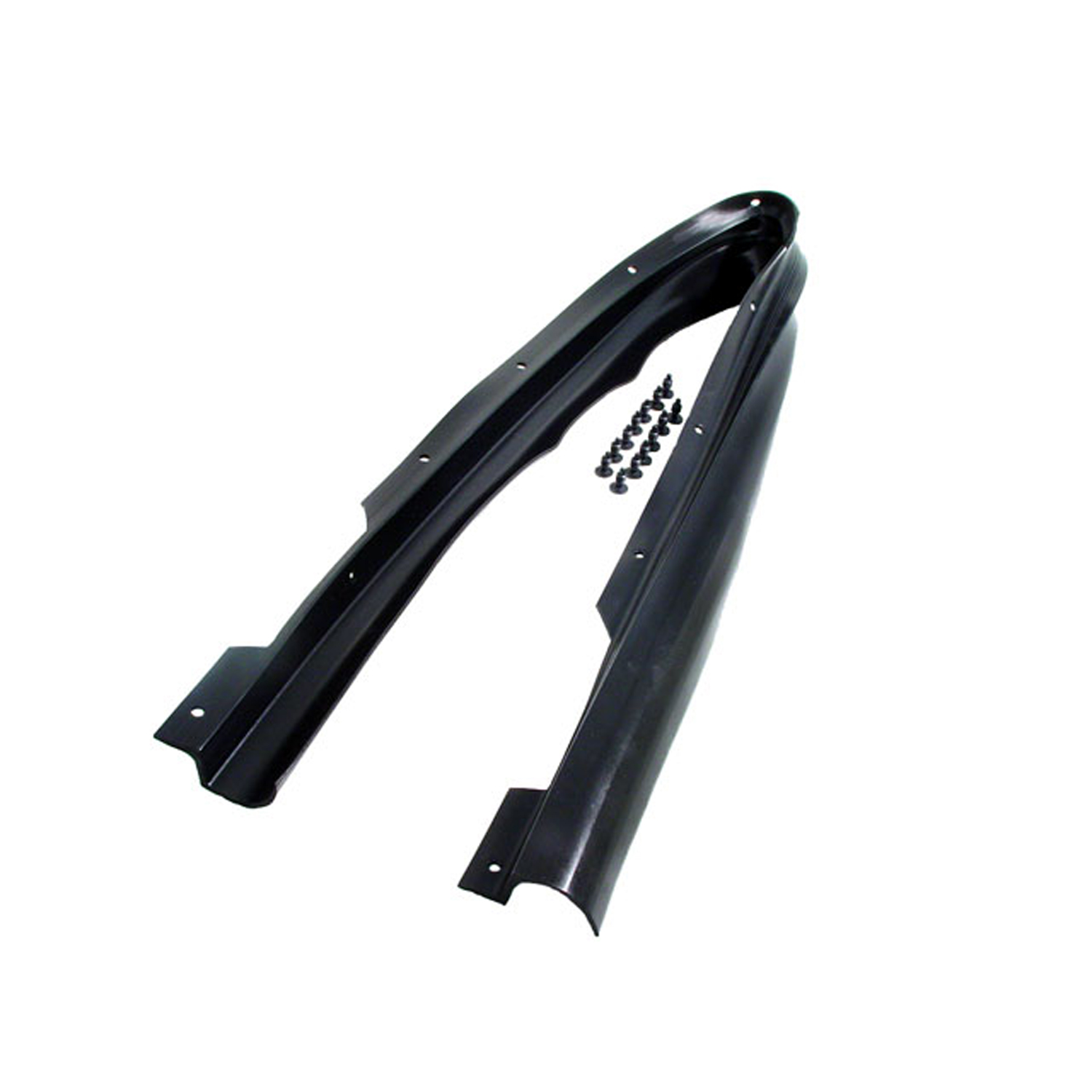 1973 Plymouth Satellite Hood to Radiator Seal, 51-3/4" Long. Each-CS 20-HHood to Radiator Seal, 51-3/4" Long. Each
1973 Plymouth Satellite Hood to Radiator Seal, 51-3/4" Long. Each-CS 20-HHood to Radiator Seal, 51-3/4" Long. Each 1973 Plymouth Satellite Hood to Cowl Seal, 48" Long. Each-CS 20-YHood to Cowl Seal, 48" Long. Each
1973 Plymouth Satellite Hood to Cowl Seal, 48" Long. Each-CS 20-YHood to Cowl Seal, 48" Long. Each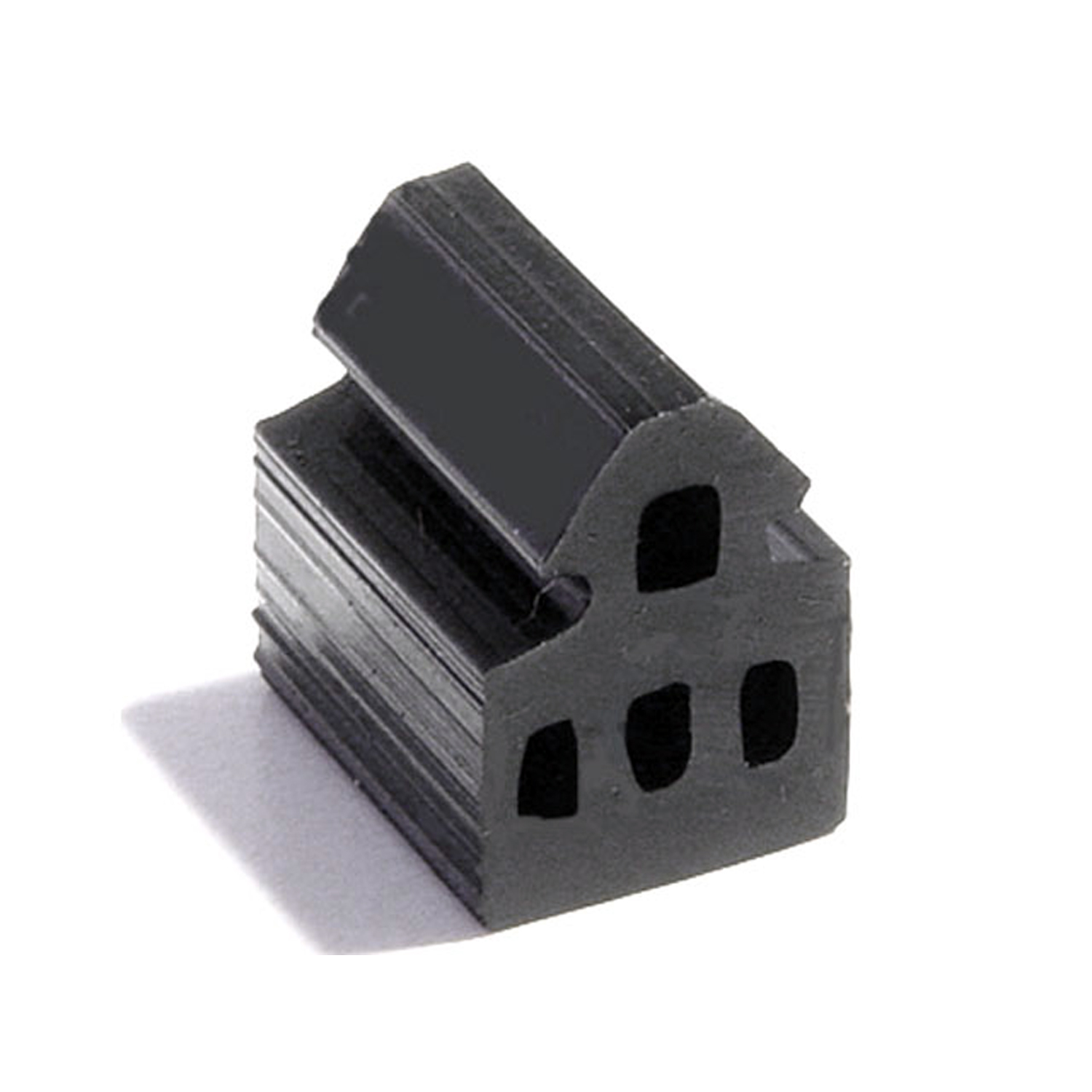 1973 Plymouth Satellite Door Bumper. 5/8" wide, made from extrusion. Each-DB 52Door Bumper. 5/8" wide, made from extrusion. Each
1973 Plymouth Satellite Door Bumper. 5/8" wide, made from extrusion. Each-DB 52Door Bumper. 5/8" wide, made from extrusion. Each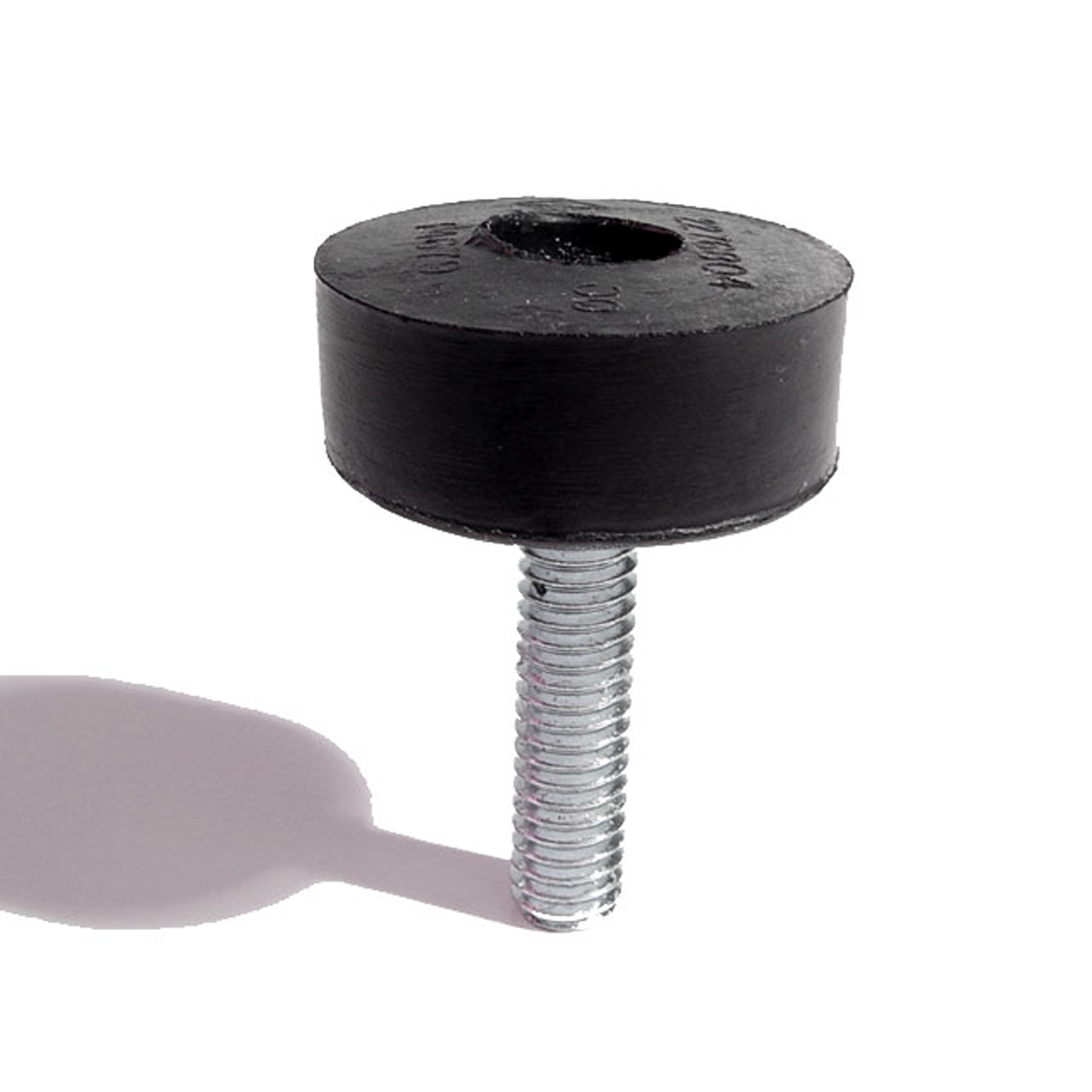 1973 Plymouth Satellite Hood Adjustment Bolt and Bumper-HA 8Hood Adjustment Bolt and Bumper. 1-3/16" diameter rubber head. 5/16" thick X 18 threads/inch X 1-1/4" long bolt. Each
1973 Plymouth Satellite Hood Adjustment Bolt and Bumper-HA 8Hood Adjustment Bolt and Bumper. 1-3/16" diameter rubber head. 5/16" thick X 18 threads/inch X 1-1/4" long bolt. Each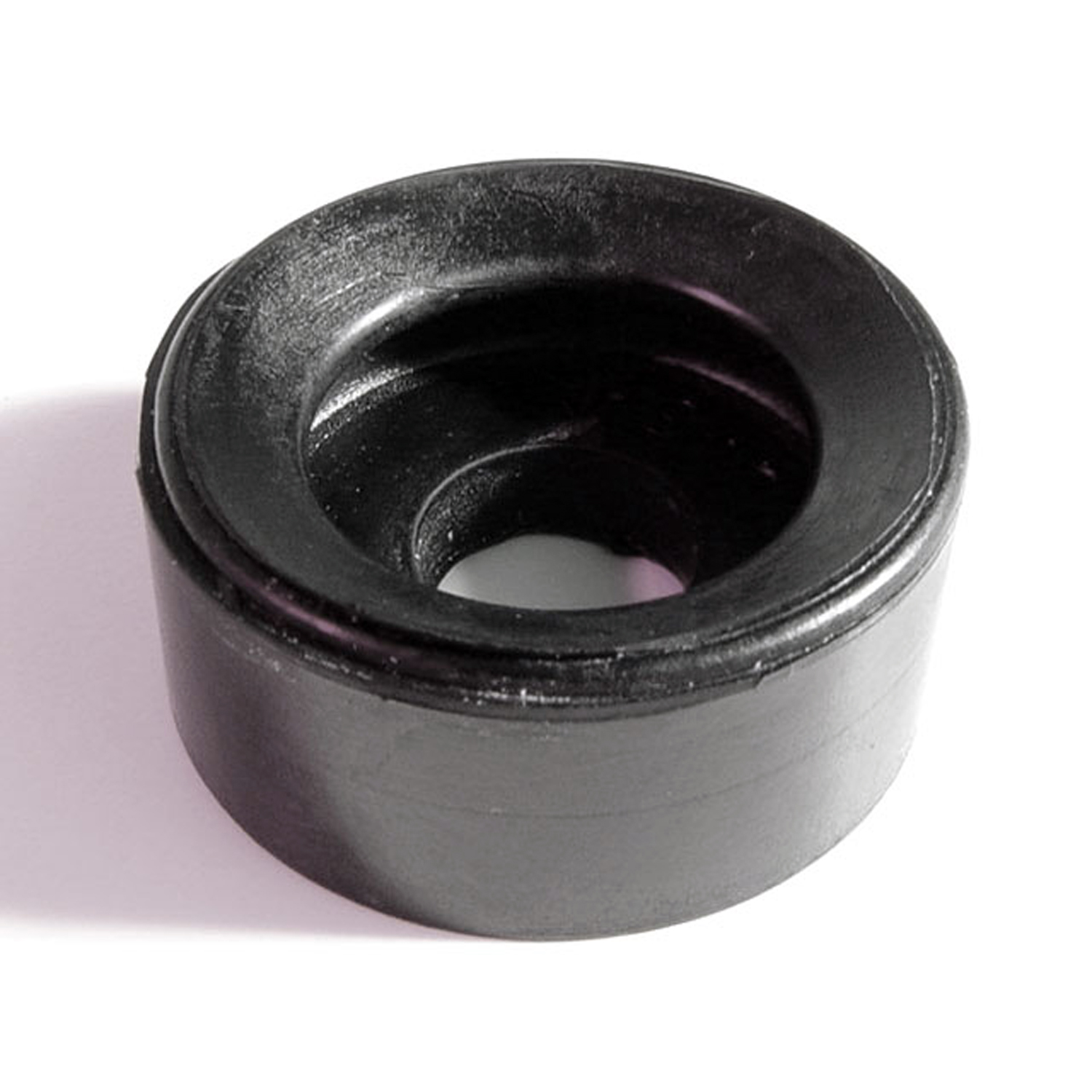 1973 Plymouth Satellite Hood Adjustment Bumper. 1-1/4" O.D-HA 8-AHood Adjustment Bumper. 1-1/4" O.D., 3/4" large hole, 7/16" small hole, 1/2" thick. Each
1973 Plymouth Satellite Hood Adjustment Bumper. 1-1/4" O.D-HA 8-AHood Adjustment Bumper. 1-1/4" O.D., 3/4" large hole, 7/16" small hole, 1/2" thick. Each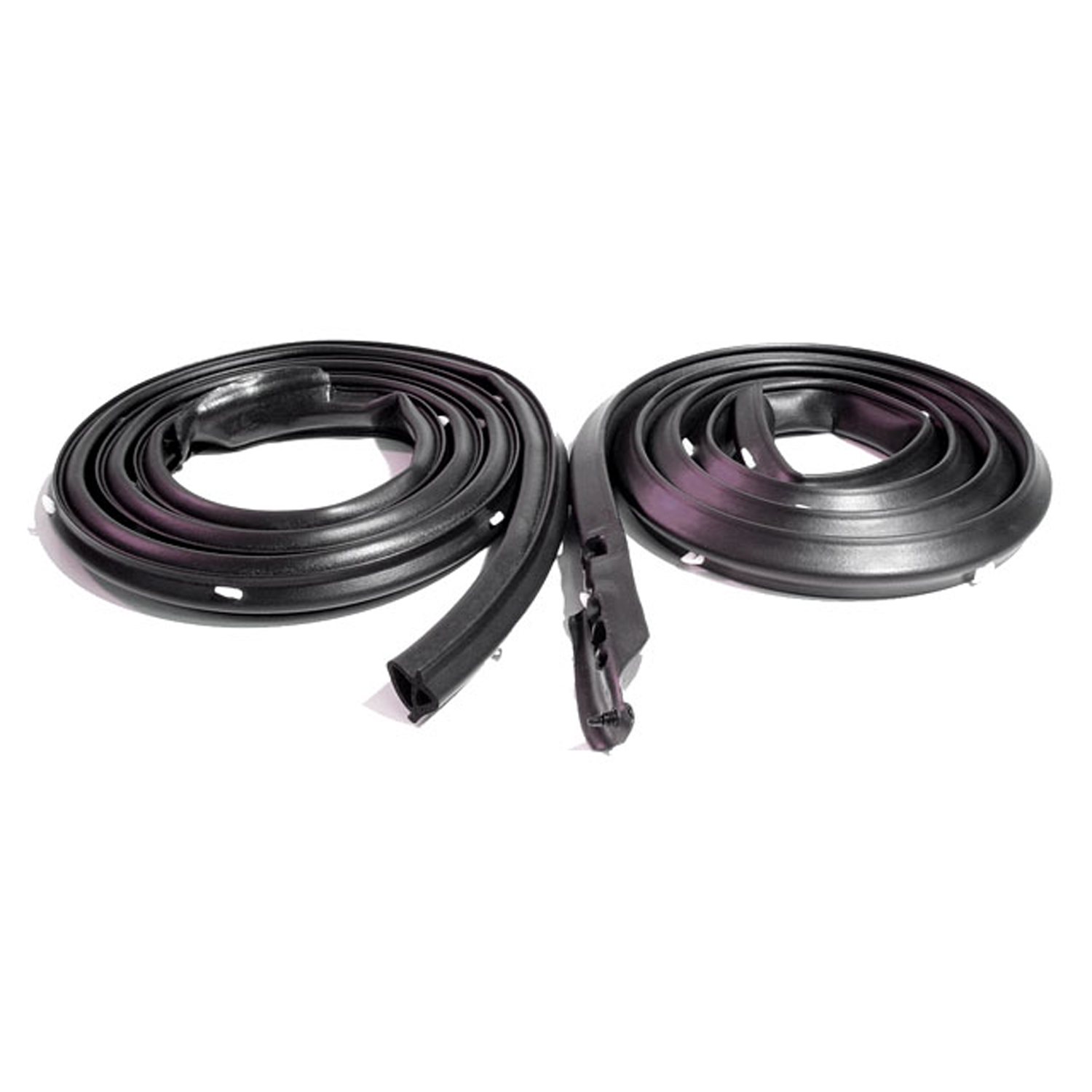 1973 Plymouth Satellite Molded Door Seals with Clips. For 2-Door Hardtop Only-LM 23-DMolded Door Seals with Clips. For 2-Door Hardtop Only. Pair R&L
1973 Plymouth Satellite Molded Door Seals with Clips. For 2-Door Hardtop Only-LM 23-DMolded Door Seals with Clips. For 2-Door Hardtop Only. Pair R&L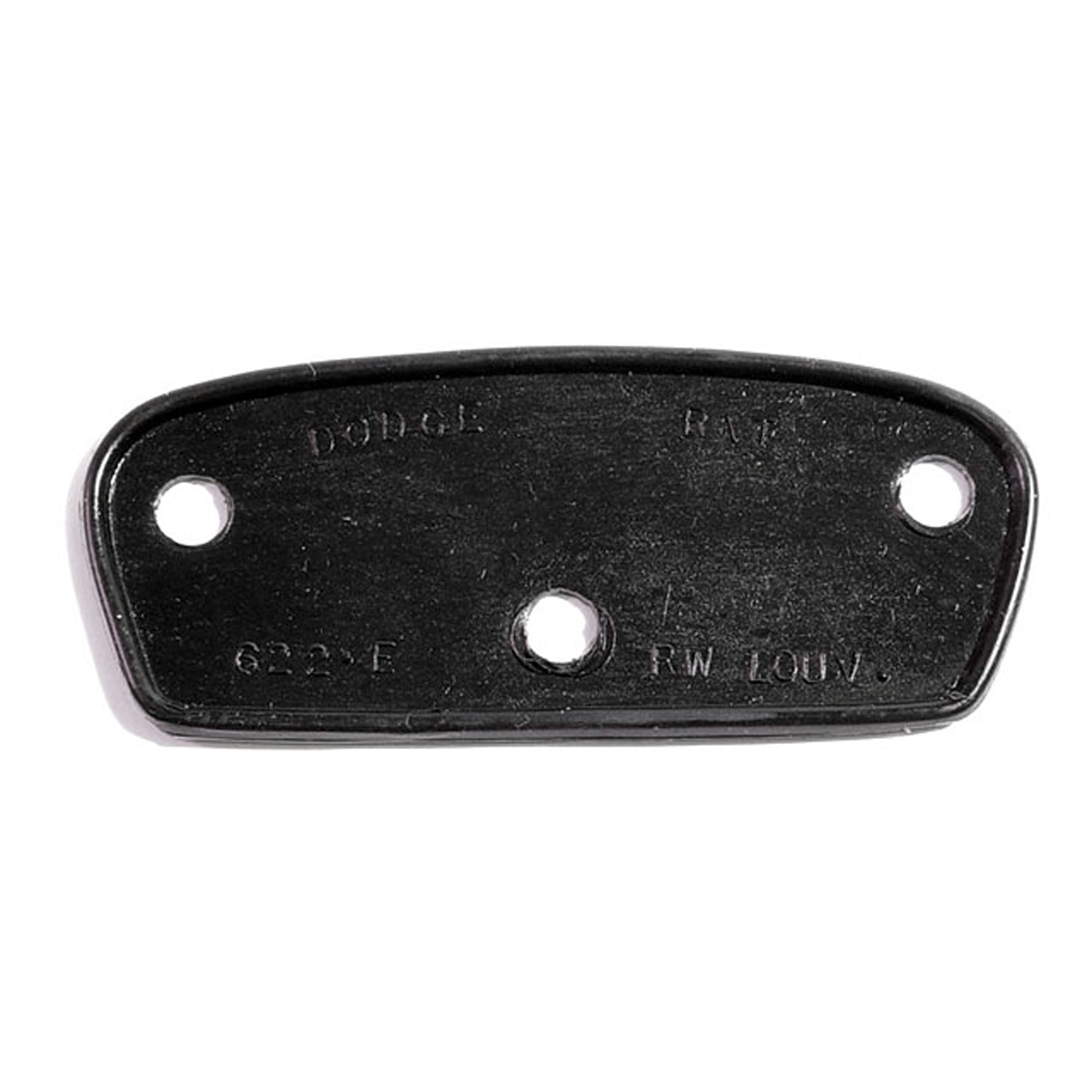 1973 Plymouth Satellite Rear Window Louver Hinge Pad-MP 622-ERear Window Louver Hinge Pad. For 2-door coupe with rear louvers. 3-3/8" wide X 1-1/2" long. Each
1973 Plymouth Satellite Rear Window Louver Hinge Pad-MP 622-ERear Window Louver Hinge Pad. For 2-door coupe with rear louvers. 3-3/8" wide X 1-1/2" long. Each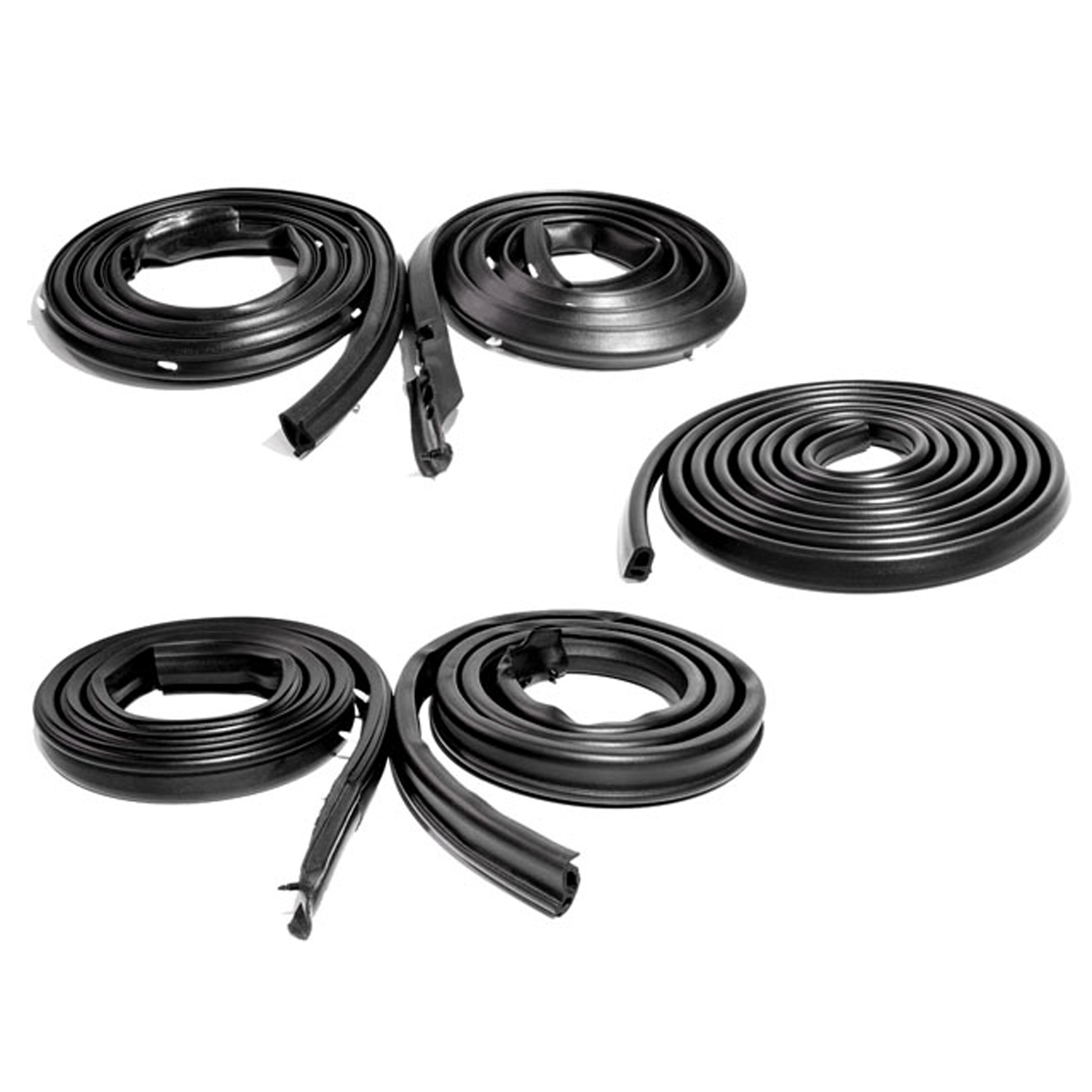 1973 Plymouth Satellite Basic Kit, for 2-Door Hardtop (not SE)-RKB 4005-106Basic Kit, for 2-Door Hardtop (not SE). Door (LM 23-D) Roof Rail (RR 4002) Trunk (TK 56-B/18), Seals.
1973 Plymouth Satellite Basic Kit, for 2-Door Hardtop (not SE)-RKB 4005-106Basic Kit, for 2-Door Hardtop (not SE). Door (LM 23-D) Roof Rail (RR 4002) Trunk (TK 56-B/18), Seals.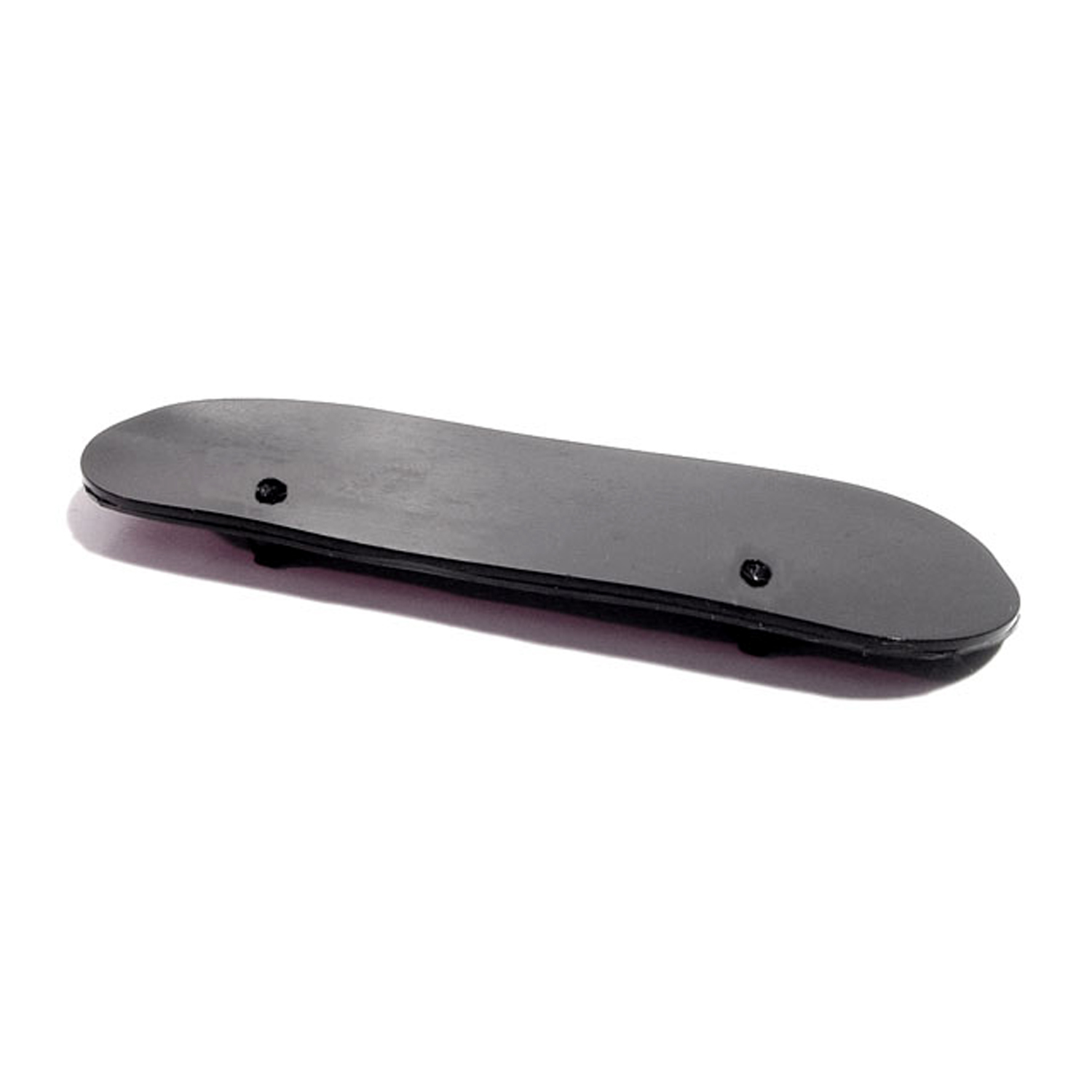 1973 Plymouth Satellite Drain Flap on Cowl. Each-RP 900-ADrain Flap on Cowl. Each
1973 Plymouth Satellite Drain Flap on Cowl. Each-RP 900-ADrain Flap on Cowl. Each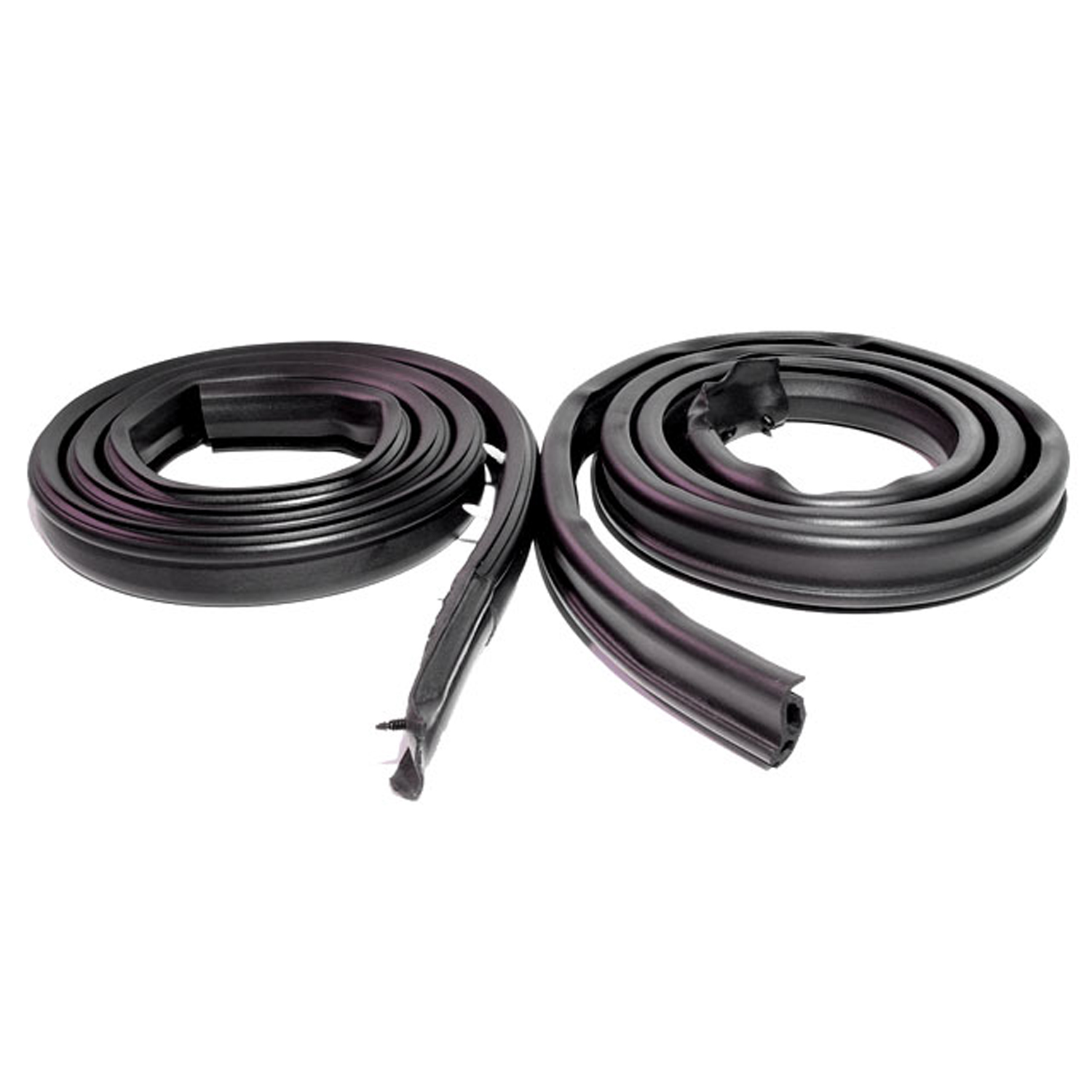 1973 Plymouth Satellite Molded Roof Rail Seals-RR 4002Molded Roof Rail Seals, for 2-Door Hardtop (does not fit '73-'74 SE). Pair R&L
1973 Plymouth Satellite Molded Roof Rail Seals-RR 4002Molded Roof Rail Seals, for 2-Door Hardtop (does not fit '73-'74 SE). Pair R&L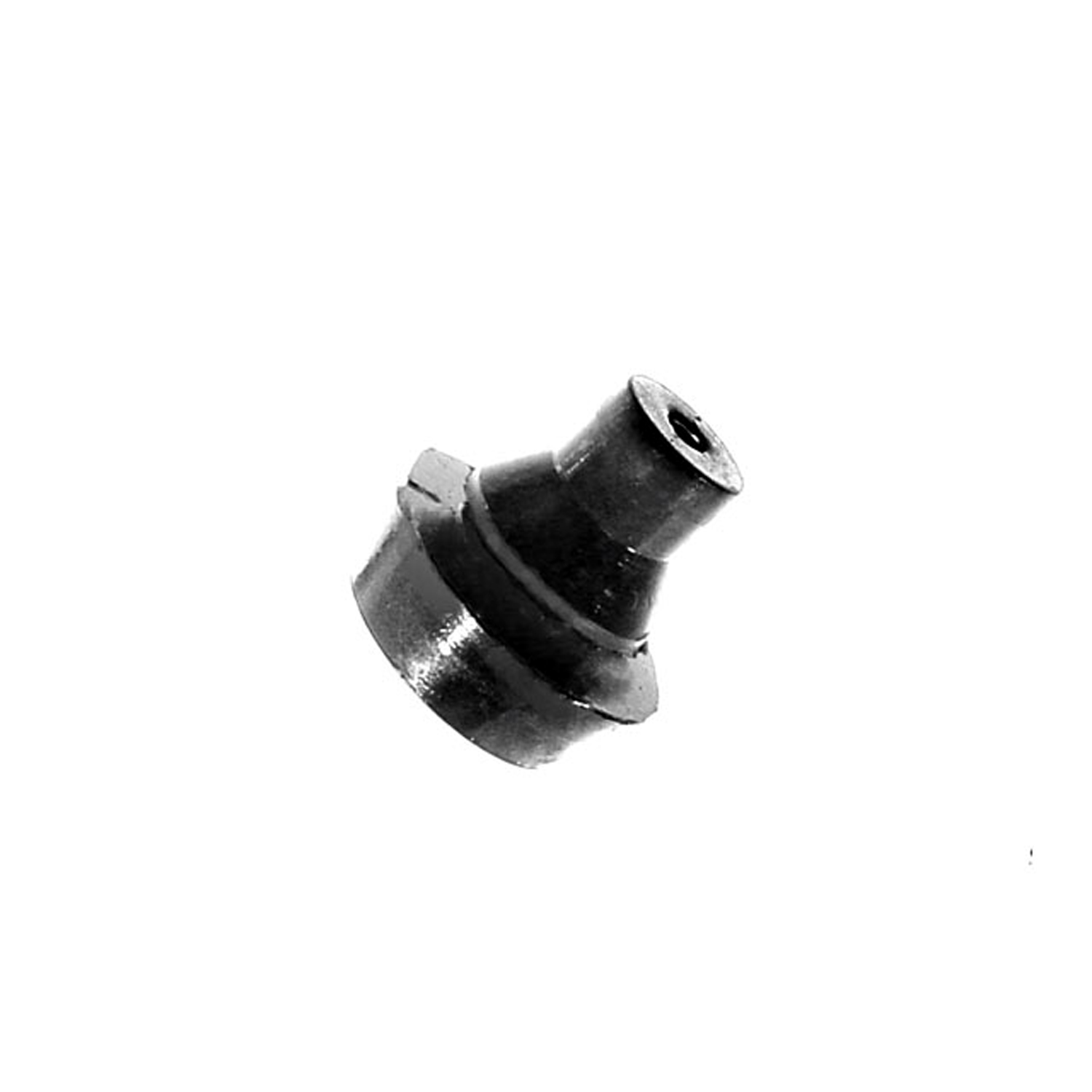 1973 Plymouth Satellite License Plate Bumper. Replaces OEM #2094618-SB 123License Plate Bumper. Replaces OEM #2094618. 5/8" high, 5/8" O.D. Each
1973 Plymouth Satellite License Plate Bumper. Replaces OEM #2094618-SB 123License Plate Bumper. Replaces OEM #2094618. 5/8" high, 5/8" O.D. Each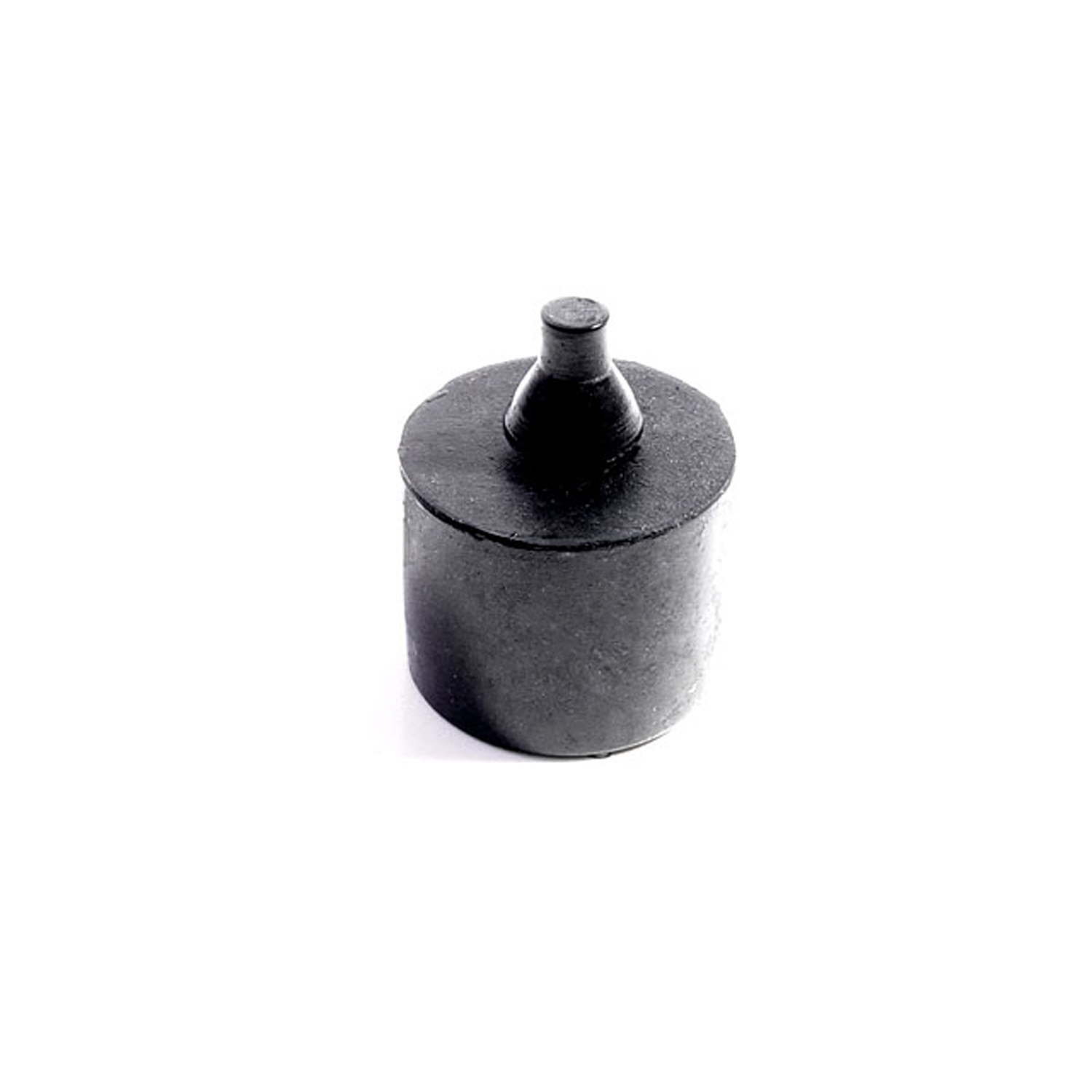 1973 Plymouth Satellite Rear Center Hood & Trunk Bumper ('68: Trunk '70-'74: Hood)-SB 125Rear Center Hood & Trunk Bumper ('68: Trunk '70-'74: Hood). 1-1/8" high, 15/16" O.D. Each
1973 Plymouth Satellite Rear Center Hood & Trunk Bumper ('68: Trunk '70-'74: Hood)-SB 125Rear Center Hood & Trunk Bumper ('68: Trunk '70-'74: Hood). 1-1/8" high, 15/16" O.D. Each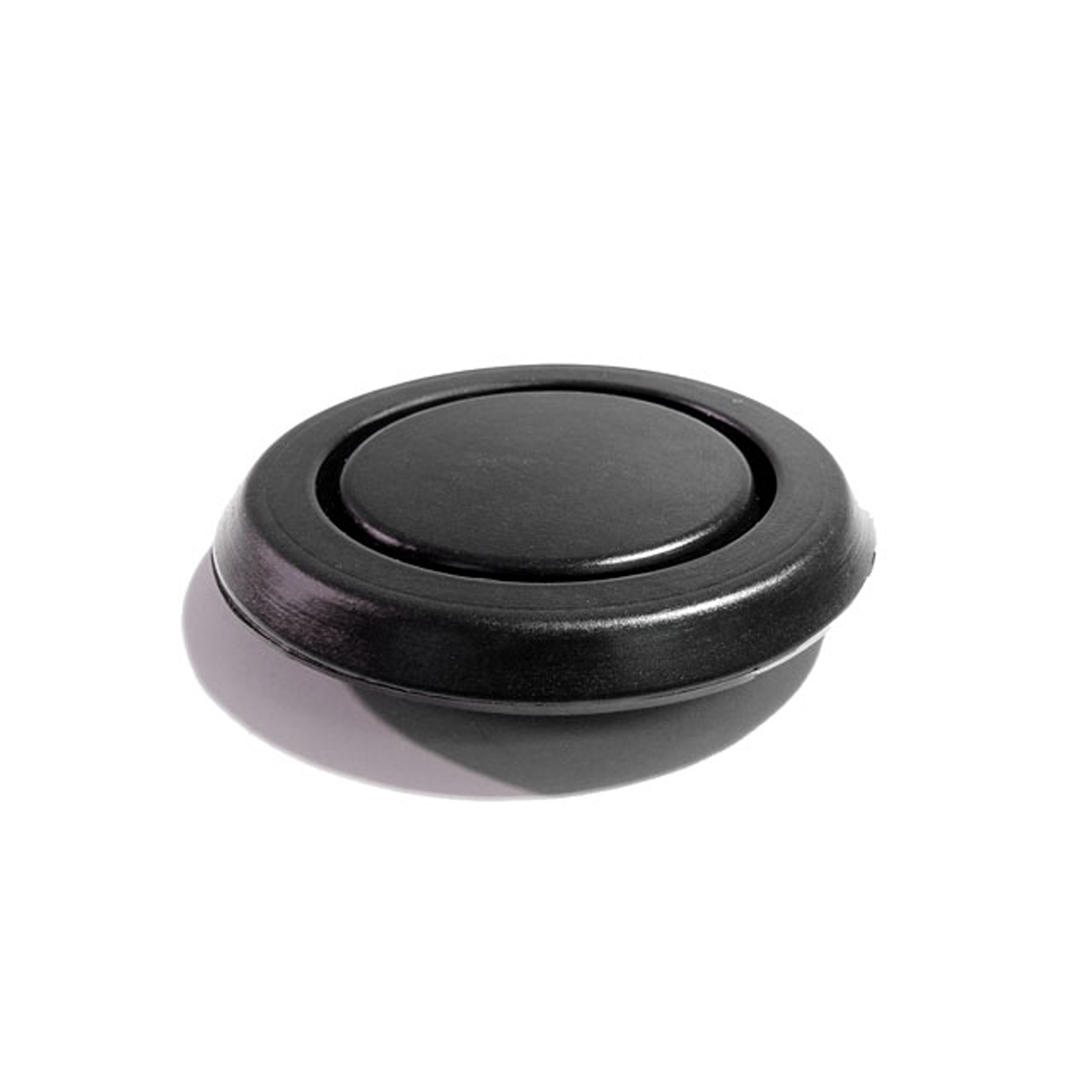 1973 Plymouth Satellite Trunk Floor Plug. 2-1/8" O.D. Fits 1-3/4" hole-SB 127Trunk Floor Plug. 2-1/8" O.D. Fits 1-3/4" hole. Replaces OEM #2189375. Each
1973 Plymouth Satellite Trunk Floor Plug. 2-1/8" O.D. Fits 1-3/4" hole-SB 127Trunk Floor Plug. 2-1/8" O.D. Fits 1-3/4" hole. Replaces OEM #2189375. Each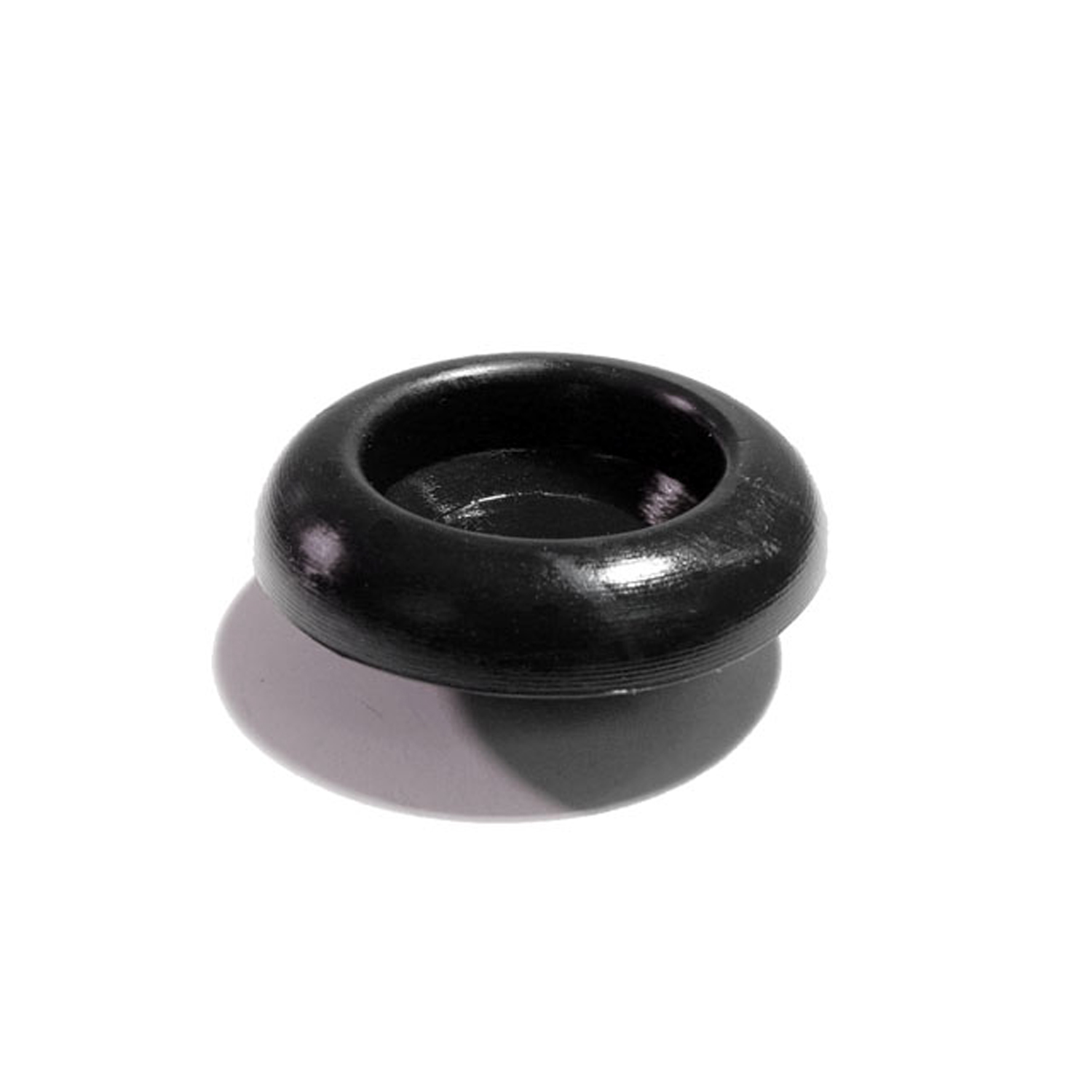 1973 Plymouth Satellite Trunk and Body Plug. Fits 1-1/8" hole. Each-SB 127-DTrunk and Body Plug. Fits 1-1/8" hole. Each
1973 Plymouth Satellite Trunk and Body Plug. Fits 1-1/8" hole. Each-SB 127-DTrunk and Body Plug. Fits 1-1/8" hole. Each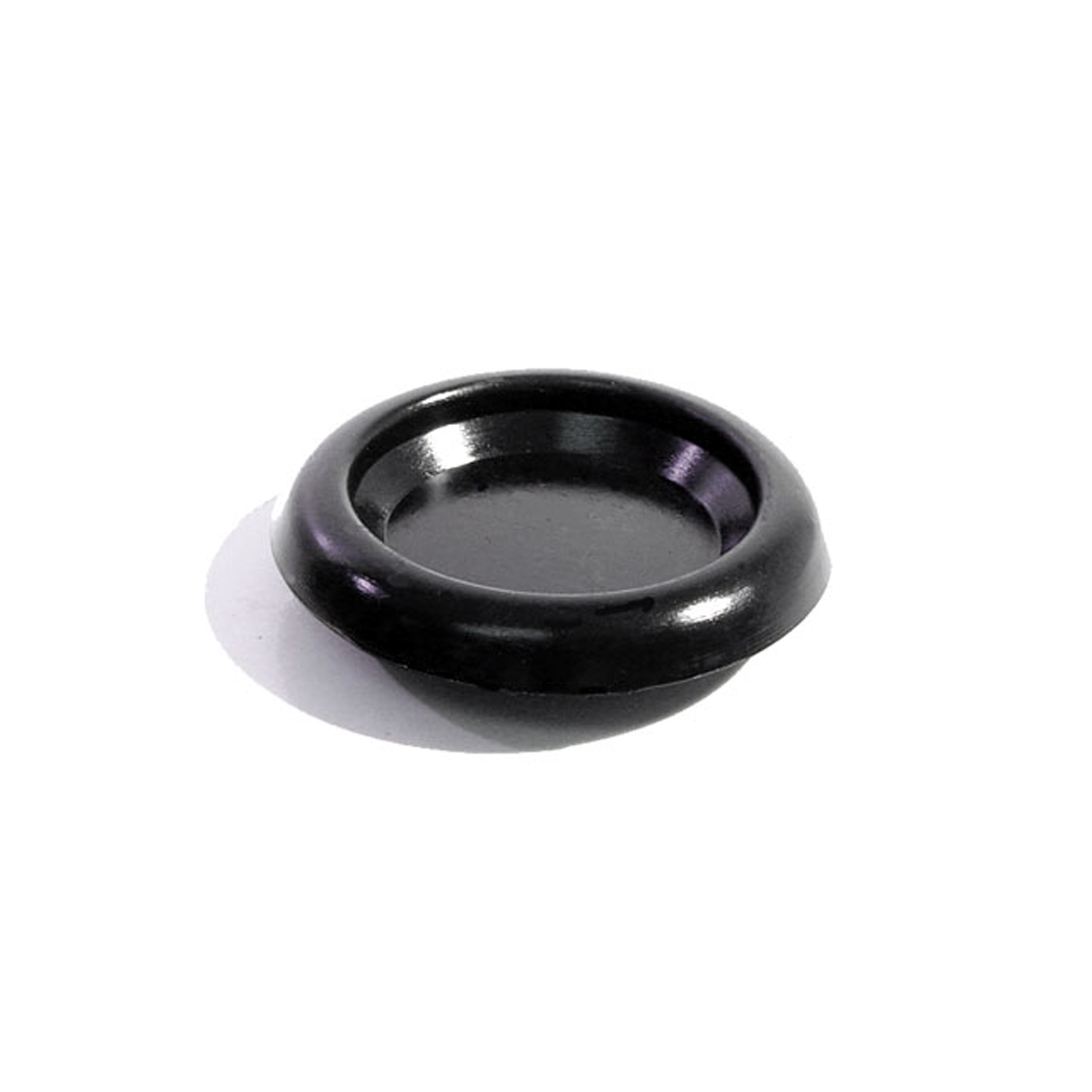 1973 Plymouth Satellite Trunk and Body Plug. Fits 1-15/16" hole. Each-SB 127-ETrunk and Body Plug. Fits 1-15/16" hole. Each
1973 Plymouth Satellite Trunk and Body Plug. Fits 1-15/16" hole. Each-SB 127-ETrunk and Body Plug. Fits 1-15/16" hole. Each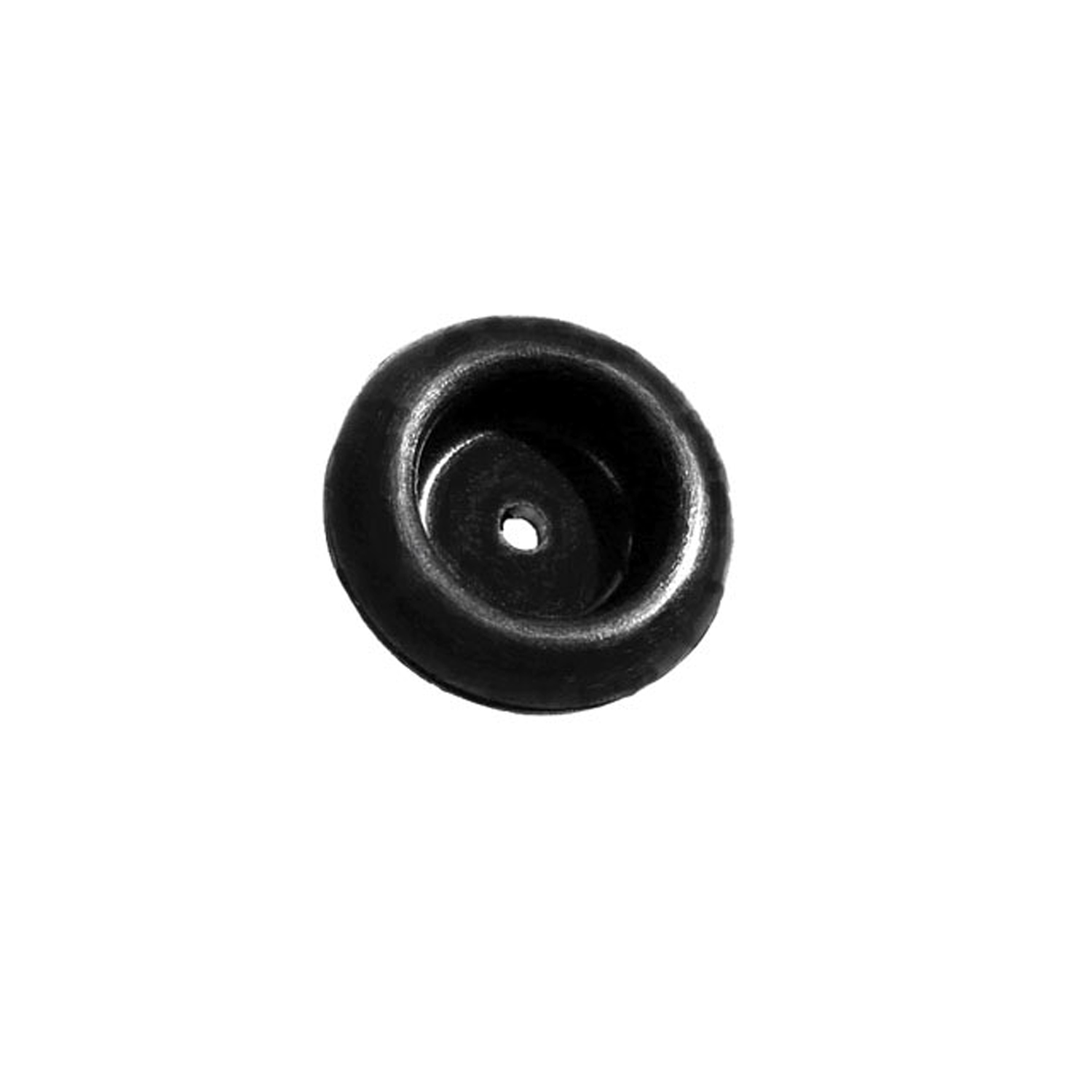 1973 Plymouth Satellite Floor Panel Wire Grommet. Fits 3/4" hole. Each-SM 49Floor Panel Wire Grommet. Fits 3/4" hole. Each
1973 Plymouth Satellite Floor Panel Wire Grommet. Fits 3/4" hole. Each-SM 49Floor Panel Wire Grommet. Fits 3/4" hole. Each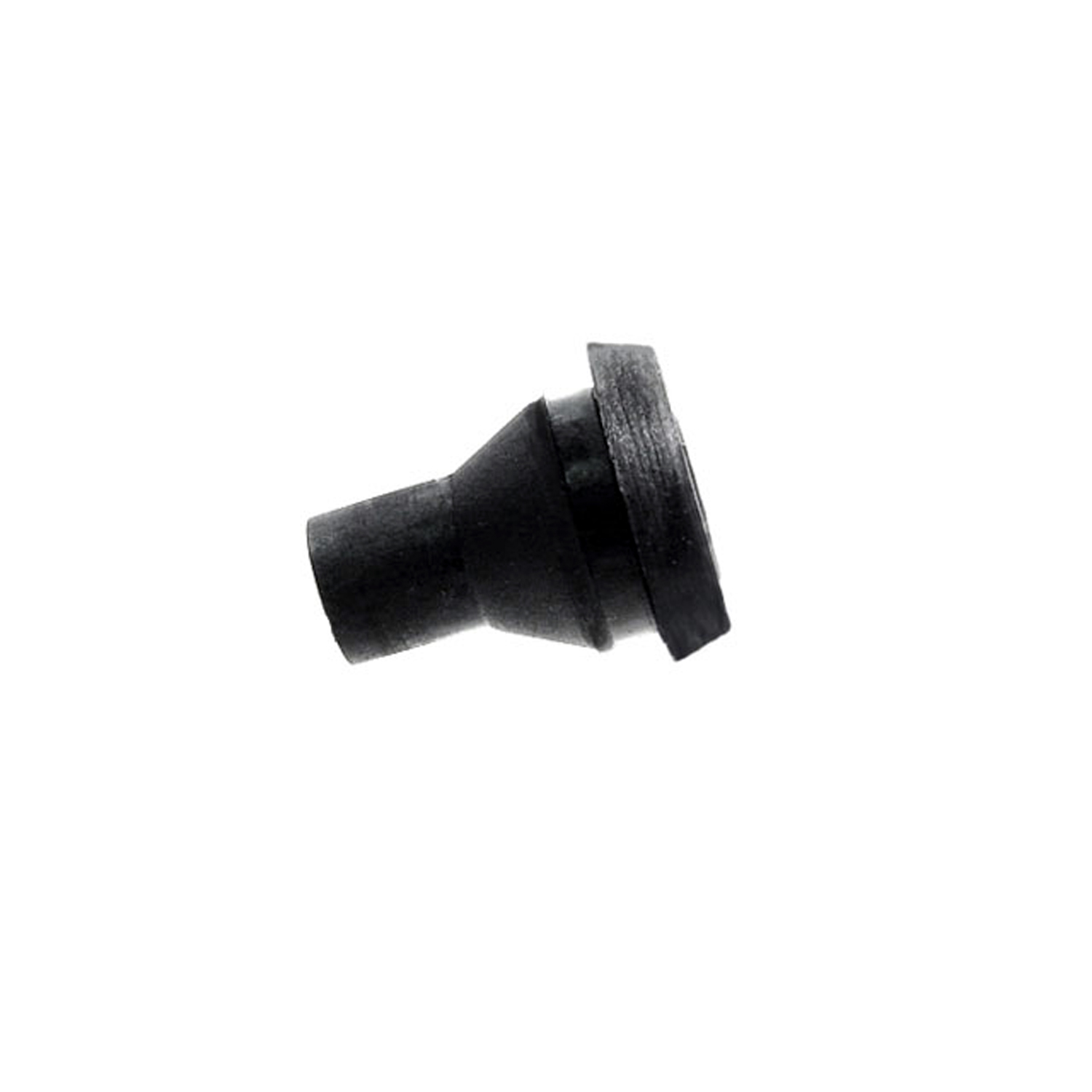 1973 Plymouth Satellite License Light Wire Grommet. Each-SM 72License Light Wire Grommet. Each
1973 Plymouth Satellite License Light Wire Grommet. Each-SM 72License Light Wire Grommet. Each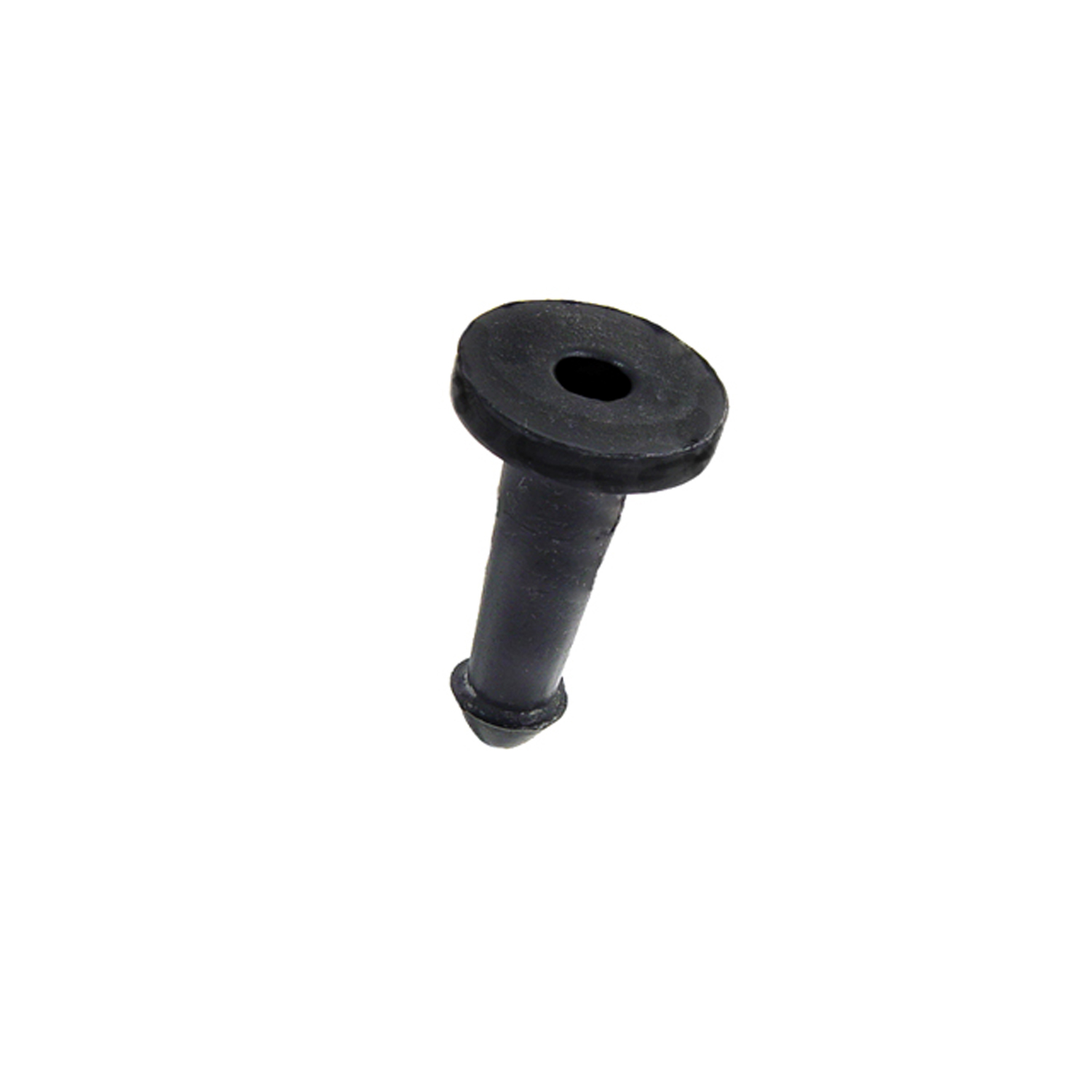 1973 Plymouth Satellite Firewall to Dash Insulation Fastener. Made of black rubber-SM 80-BFirewall to Dash Insulation Fastener. Made of black rubber. 9 to 10 used per car. 3/4" diameter head, 1-5/16" long. Replaces OEM #3720639. Each
1973 Plymouth Satellite Firewall to Dash Insulation Fastener. Made of black rubber-SM 80-BFirewall to Dash Insulation Fastener. Made of black rubber. 9 to 10 used per car. 3/4" diameter head, 1-5/16" long. Replaces OEM #3720639. Each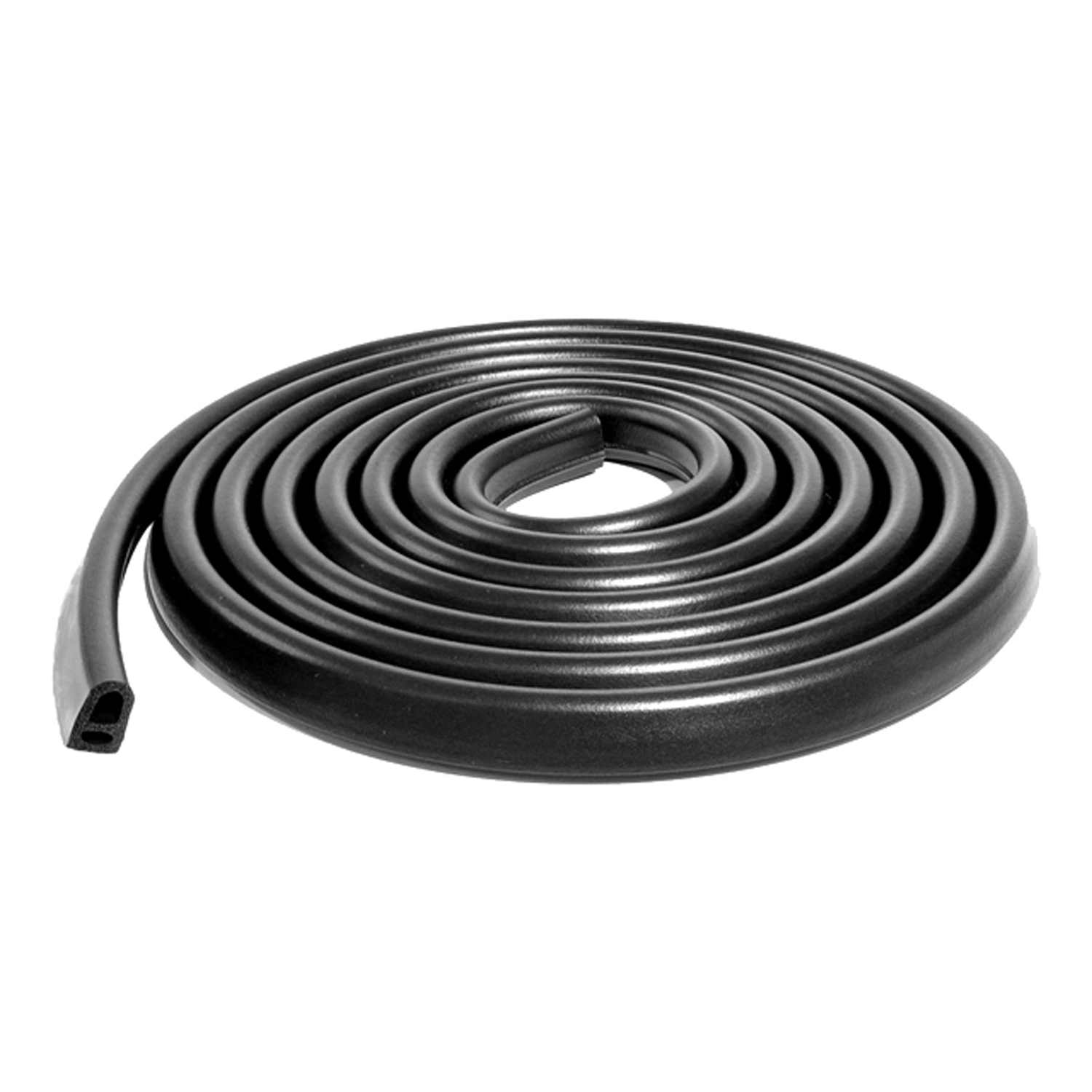 1973 Plymouth Satellite Trunk seal. 2-door hardtop-TK 56-B/18Trunk seal. 2-door hardtop. '72-'74 Mopar B-body and '73-'76 Mopar A-body. Replaces trunk seals with D-shaped end profile. Each.
1973 Plymouth Satellite Trunk seal. 2-door hardtop-TK 56-B/18Trunk seal. 2-door hardtop. '72-'74 Mopar B-body and '73-'76 Mopar A-body. Replaces trunk seals with D-shaped end profile. Each. 1973 Plymouth Satellite Trunk Mat-TM 2714Trunk Mat. High quality reproduction, made specific for vehicle. Print on rubber. Each
1973 Plymouth Satellite Trunk Mat-TM 2714Trunk Mat. High quality reproduction, made specific for vehicle. Print on rubber. Each 1973 Plymouth Satellite Nylon Lock Cylinder Gasket. 1-1/4" O.D., 7/8" I.D. Each-UM 2700-104Nylon Lock Cylinder Gasket. 1-1/4" O.D., 7/8" I.D. Each
1973 Plymouth Satellite Nylon Lock Cylinder Gasket. 1-1/4" O.D., 7/8" I.D. Each-UM 2700-104Nylon Lock Cylinder Gasket. 1-1/4" O.D., 7/8" I.D. Each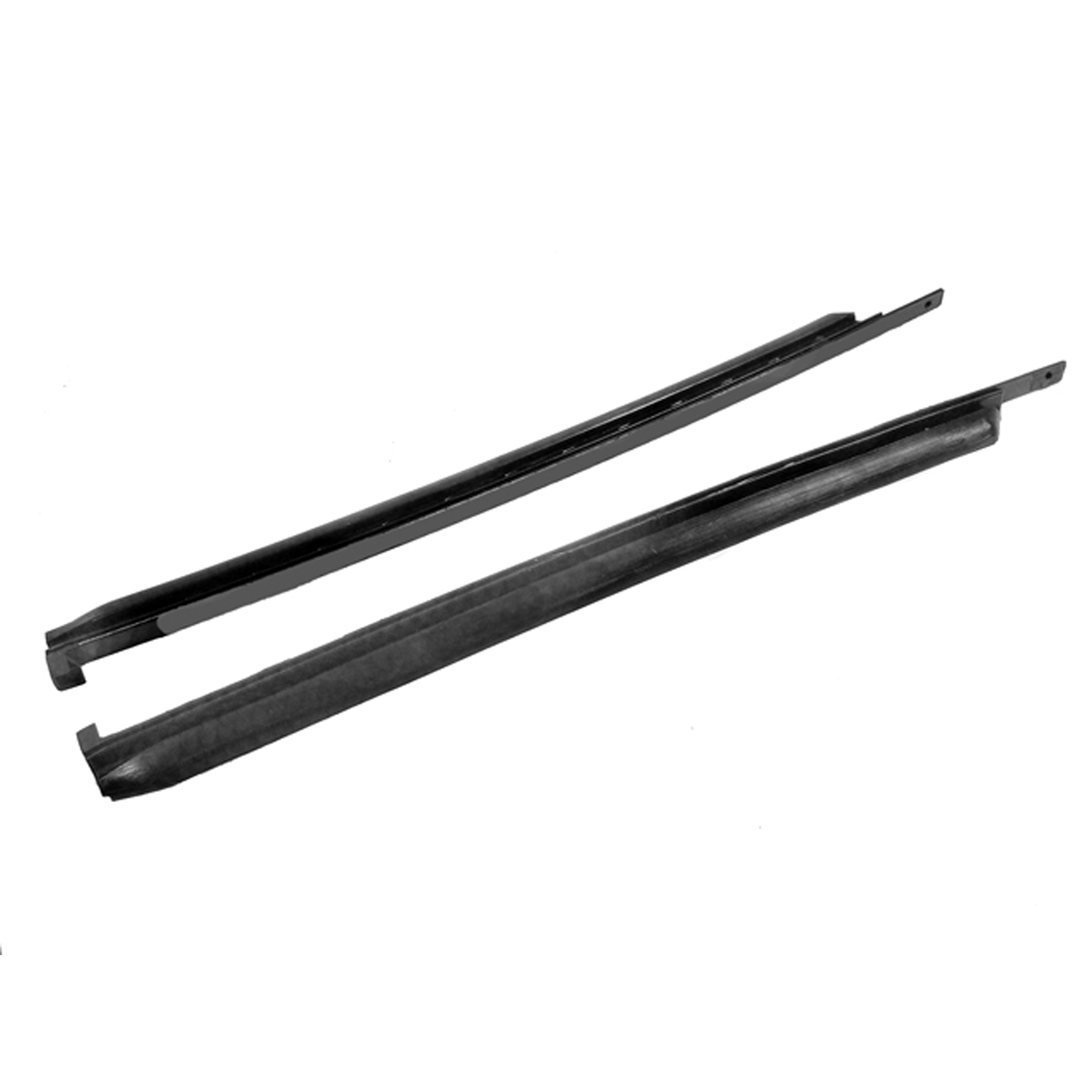 1973 Plymouth Satellite Rear Roll-up Seals for 2-Door Hardtop. Pair-VS 7-FRear Roll-up Seals for 2-Door Hardtop. Pair
1973 Plymouth Satellite Rear Roll-up Seals for 2-Door Hardtop. Pair-VS 7-FRear Roll-up Seals for 2-Door Hardtop. PairWhy Choose Metro?
For over 100 years, Metro Moulded Parts has been the pinnacle of quality in classic car restoration parts. Our commitment to precision and authenticity in every component ensures a perfect fit and an OEM-level appearance.
- Expert Craftsmanship & Quality: Each part is a testament to our dedication to reliability and perfection, crafted from original designs and thoroughly tested.
- Advanced Technology: We use cutting-edge techniques to create flawless, long-lasting parts that surpass others in performance.
- SuperSoft Sponge – The Ultimate Door Seal: Not only are our door seals 30% softer than competitors', but they're also guaranteed to never leak. They effectively reduce wind and road noise, enhancing your classic car's comfort and driving experience.
- Proudly American: Our parts are a product of American craftsmanship, made in the USA with a spirit of excellence and heritage.
- Unrivaled Warranty: We back our products with a 30-year industry-leading warranty, a testament to our confidence in their quality.
Join us in preserving the legacy of classic cars with parts that are crafted for perfection, not just made.

